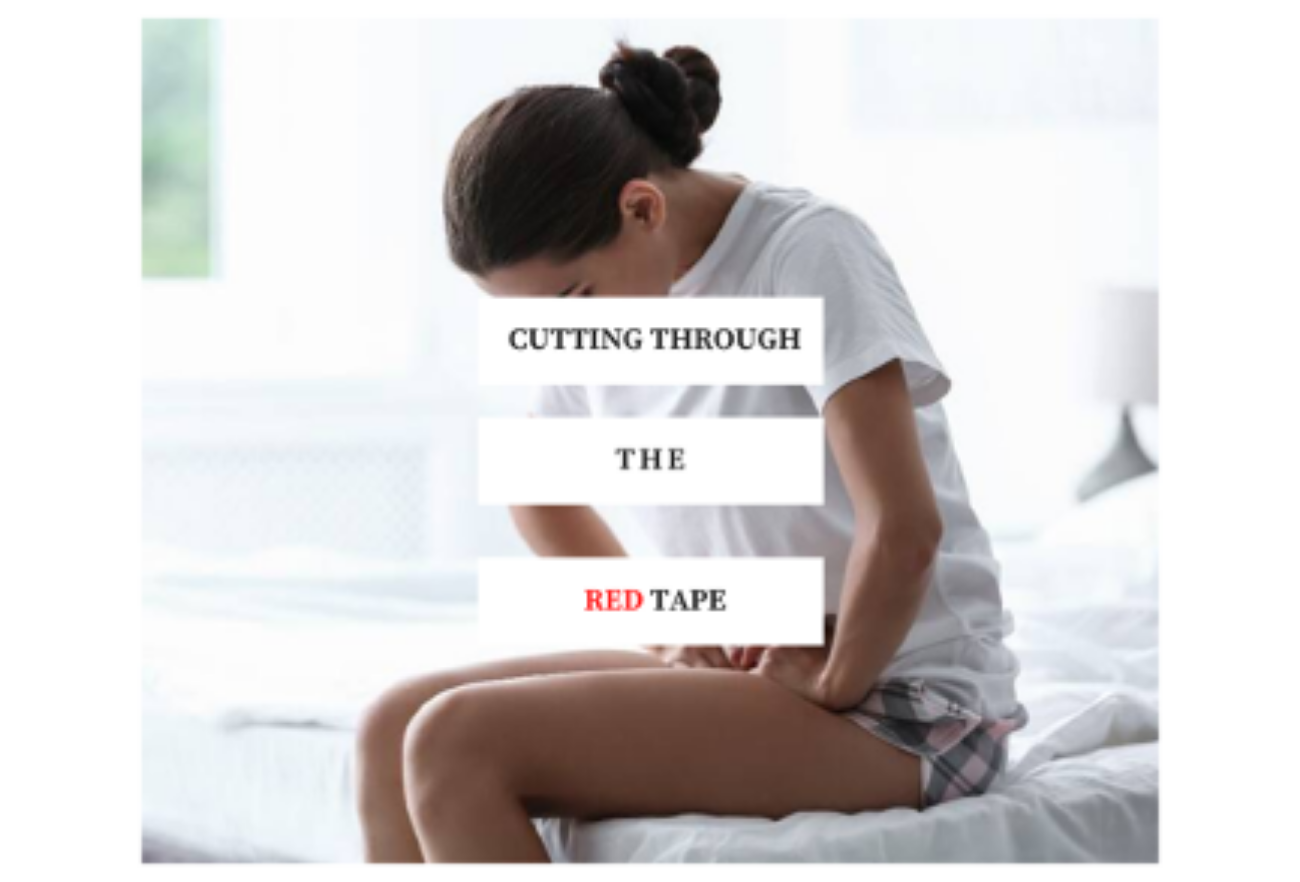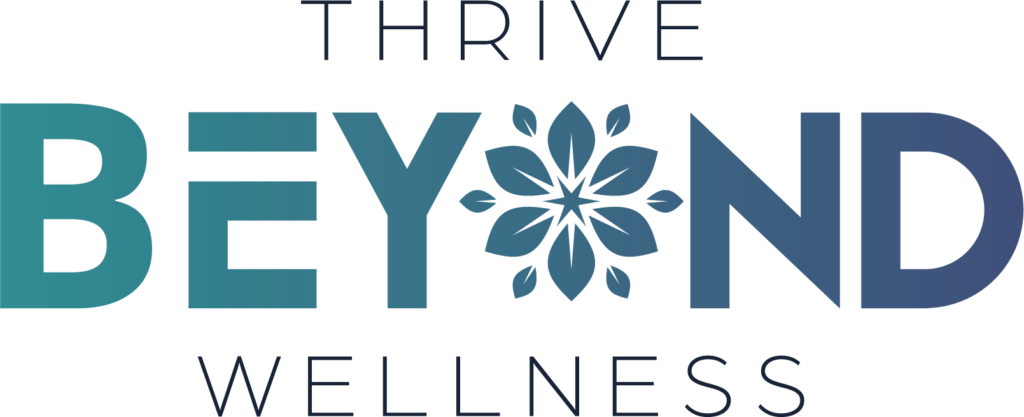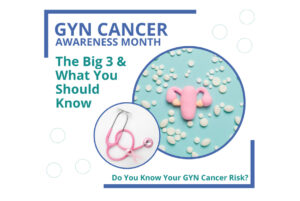
About 2-10% of American women between the ages of 25 and 40 are affected by endometriosis (1). And it can create many difficulties not just with getting pregnant but also for a woman’s everyday life. With endometriosis, you might experience severe pelvic pain/cramping, heavy or abnormal menstrual bleeding, pain during sex, emotional distress, and more.
Generally, endometriosis is characterized by the growth of tissue that lines the uterus that is found elsewhere in the body. Rarely, yet a reported fact, about 2-5% of women may experience endometriosis post-menopause (2). But why exactly is this happening? What’s going on beneath the surface? And how can you go about treating it?
With the first week of March being Endometriosis Awareness Week, I thought there was no better time than right now to dive further into this topic and explore the many ways women are going about treating this condition. But first, I want to go a bit more in-depth when it comes to understanding endometriosis.
Back It Up: Understanding Endometriosis
There’s been a long-time misconception that endometriosis is a condition that only impacts women of reproductive age. However, as stated above, 2-5% of women post-menopause also may experience endometriosis.
Sometimes, menopause alleviates the symptoms associated with endometriosis. Yet, since the body still produces estrogen (even in small amounts!), some women may continue to experience endometriosis symptoms.
All in all, endometriosis is an estrogen-dependent disease that causes inflammation and pain in the body. This is due to the growth of endometrial tissue outside the uterus, such as in the fallopian tubes, ovaries, and areas around your pelvis.
Hormone Therapy, HT, is commonly used to help alleviate perimenopausal and menopausal symptoms. Yet, it also increases the amount of estrogen circulating within the body. Thus, this type of treatment during menopause may actually aggravate endometriosis symptoms – or in rare cases, trigger the start of them (3). Although complete evidence is not understood or supported, it still opens our eyes to different vantage points and perspectives.
Standard Treatment of Endometriosis
Endometriosis doesn’t come with a cure exactly. However, there are various ways that conventional medicine strives to help manage the symptoms associated with it. And yes, some of them are much more extreme than others which coincides with the fact that some women may experience severe and debilitating symptoms compared to others.
The first line of defense: Over-the-counter or prescription pain medication.
This is often recommended to combat cramps and pain. Yet, for many, this doesn’t quite cut it.
Many doctors will prescribe HT for endometriosis, along with pain medication to help alleviate symptoms when they worsen. This involves hormonal contraception, gonadotropin-releasing hormone agonist, and progestin therapy.
For more serious situations, you may undergo surgery to remove the excess tissue growth. And sometimes, you may undergo an entire hysterectomy (removal of the uterus) and possibly both ovaries to alleviate symptoms.
Yet, there’s more at play here. While these treatments can absolutely help reduce symptoms, they may not solve your health woes once and for all. For instance, if you had surgery, what else can you do? What if your quality of life still suffers? Now, what? What should you do to improve your health and your life?
Thinking Outside the Box & Embracing Holistic Tools
Ultimately, as Future Females and Thinkers, we all want to do it all. And when it comes to pain, juggling and doing it all can become really really tough!
But today, I’m here to empower YOU. This isn’t entirely out of your hands. It’s time to embrace holistic tools and dive into other aspects of your life to manage this condition and alleviate your pain and symptoms. And yes, these can go hand-in-hand with conventional treatment methods.
So, let’s take a look!
Maximize Nutrition
With any disorder or condition, nutrition should be a major focus. After all, what you put in your body is what you get out of it. If you eat a ton of processed and pre-packaged foods, you will likely see your productivity, health, and more decline. This is basic physiology. The body requires certain nutrients, vitamins, and minerals to function at its peak capacity.
Interestingly, some research has indicated that women who consumed more Omega-3s and veggies had fewer endometriosis symptoms (4). Yet, more research needs to be conducted to really solidify these links.
Most often, the common trend in these diets is the reduction and limitation in processed and pre-packaged food items. And this somewhat makes sense. The Western diet that is full of processed foods is actually quite high in estrogenic chemicals and substances. This means that certain compounds in the food you eat (like caffeine and sugars) can act like estrogen in the body – and even exacerbate endometriosis symptoms.
The fix? Turn to more whole foods when you’re hungry. Make meals from scratch. These are much better options for your body and your health.
It doesn’t have to be complicated. In fact, optimizing your health and body often comes back to keeping it simple and doing the basics.
Exploring Epigenetics
Whenever ill health or unwanted symptoms occur, our genetics should never be ignored!
Some genes can flip on and off like a switch. It all depends on the cues and triggers you give them. And many people don’t realize that their habits and environment play a big role when it comes to what genetic factors are displayed.
In fact, there have been some theories that endometriosis is an epigenetics disease (5). As such, it’s thought that by narrowing in on DNA alterations related to endometriosis that the symptoms or risk could be reduced. However, this is likely a more futuristic approach. All the same, it can be explored present-day as it relates to a more targeted approach.
For now, you can examine your family history. If other women in your family had endometriosis throughout their life, you are at a higher risk. Thus, taking care of your health and well-being may be even that much more important. As such, you’ll want to embody the proper habits that support a healthy lifestyle – from all angles. This may include ensuring your consuming adequate nutrition from the food you eat, taking time to de-stress and relax, participating in regular exercise, and quitting smoking.
Optimizing Medications and Supplements
If you’re on HT, that’s okay. There’s no need to panic. What often may be the case is that beyond surgery and or medications, symptoms and suffering may still exist. But HT shouldn’t be an end-all, be-all solution. Ideally, it should reduce any symptoms (such as those associated with menopause) while you build those lifestyle habits and changes that help balance your hormones, mind, and body naturally.
Hormone optimization takes a systems-based approach–Why?
Your body is made up of different systems operating together to achieve homeostasis–optimizing your body’s “home.”
(Like optimal nutrition, exercise, and less stress!).
In addition, there has been some evidence showing that certain supplements can help with endometriosis. Optimizing this along with nutrition, exercise, and mitigating stress should be the foundation to any endometriosis symptoms relief protocol. This is beyond the prescription pad medicine.
Research has shown that women with endometriosis have higher cortisol levels (6). As such, ashwagandha is thought to potentially help alleviate symptoms by reducing stress levels (7).
Antioxidants are also thought to help reduce endometriosis symptoms, including pelvis-related pain (8). At the same time, there isn’t necessarily the need for supplements here since antioxidants can also be obtained through various foods, such as dark chocolate, berries, and veggies.
Limit the Discomforts of Life
According to research, stress can actually increase endometriosis symptoms (9). How? Stress increases the inflammation in the body, which is a key problem with endometriosis.
Now, life will always come with discomforts and stressors. There’s really no way to escape this entirely. Yet, there are very easy ways to manage it and cope, making you more resilient, empowered, and stronger.
Some easy ways to help alleviate the stress in your life include:
- Journaling
- Meditation
- Self-expression through art or other creative outlets
- Seeking out support for friends, family, or a professional
- Exercise
- Deep breathing
Try these out and do them on a regular basis. Change doesn’t come from things you do occasionally. Transformation happens when you continue to support your body consistently with healthy habits.
And there’s often no quick-fix when it comes to your health. The body needs time to adjust and re-align. Be patient here and get into a routine that reduces the stress in your life and supports your health.
Look for Cues and Track Pain and Menstrual Symptoms
Leveraging technology is a great method to gather data and track your symptoms. That way, you have a more clear idea over time whether certain habits are working for you or not.
There are many phone apps that can help you do this. Many of these apps revolve around tracking your menstrual cycle and associated symptoms. Try Clue, Flo, or Endometriosis Diary. Wearable technology such as Oura Ring, Garmin, and Apple Watch help you follow your Heart Rate Variability (HRV) that gives insight on recovery and resilience to environmental stressors. Therefore, targeting more strategy that individualizes your approach and your personal journey to better health and awareness.
Once you have an app that works for you, use it! Track your symptoms and menstrual cycle. Make habitual changes and see if they help. This can provide you obvious and clear data that may further drive your search for optimal and better health.
A New Approach to Endometriosis
There are so many ways you can explore and refine to help reduce your endometriosis symptoms and rebalance your hormones. It is partially within your control. And an integrated approach where lifestyle factors and medical approaches are used tends to prove best.
If you want to learn more about how you can re-balance your hormones and continue onward and upward in your life, book a Discovery Call with me today. Let’s find that balance you crave in your life and work together to improve your health and your quality of life.
Wellness & Epigenetics Coach, Consultant, Physician, Health Advocate, Mentor & Author.









